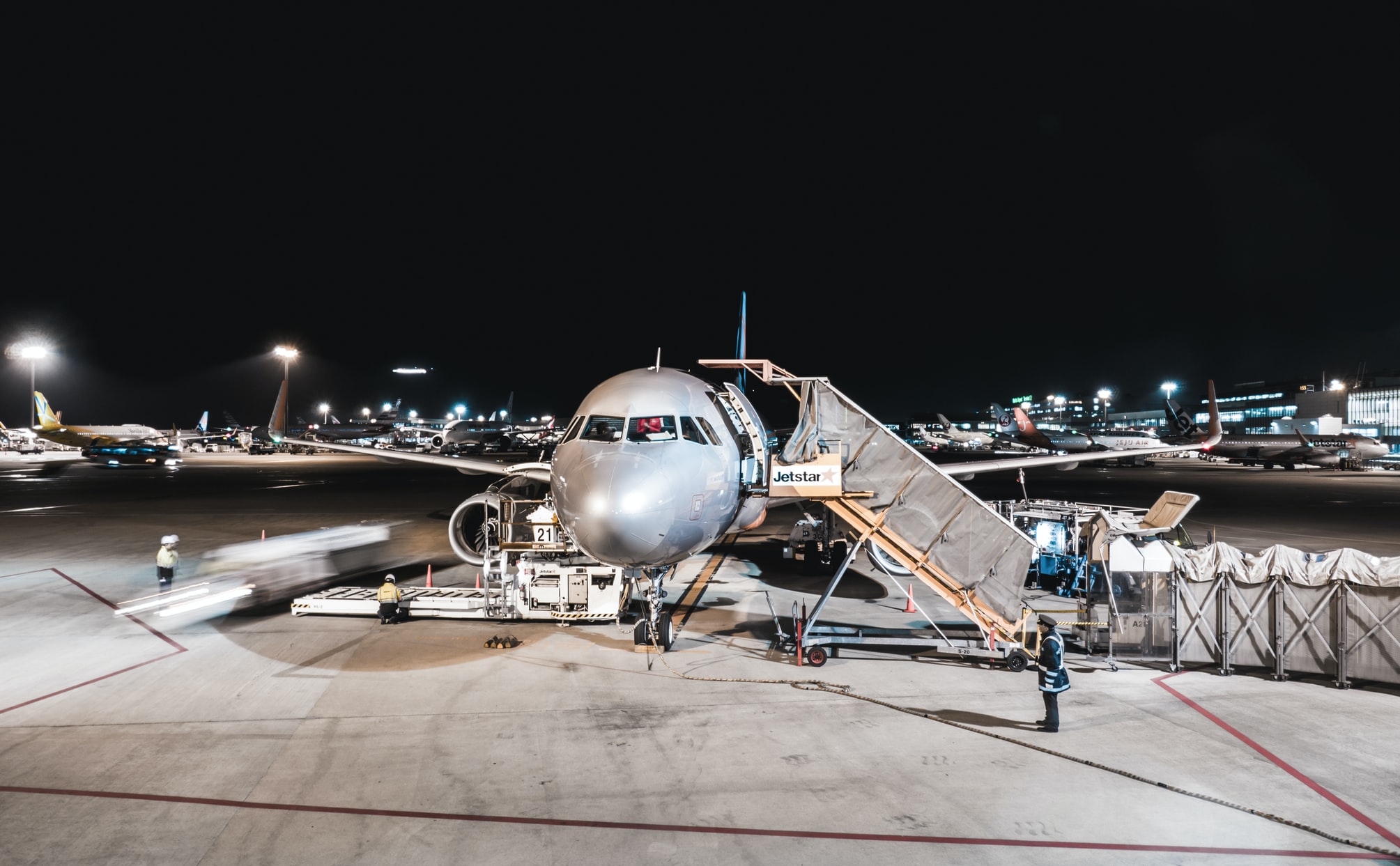Airlines in the Aftermath of the Global Health Crisis
Industries all across the board have been hit by the global health crisis, but it’s safe to say that airlines have suffered some of the hardest hits. A report by Airbus estimates that it will take five years for airlines to fully recover, which means that airline staff and travellers alike will have to brace for the long haul before things start to get better.
Some potential next steps
With border restrictions slowly easing up around the world, airlines are cautiously beginning to start operations once more. While international travel is still on hold for the most part, domestic flights are the main drivers for airline growth at this time. Indeed, American Airlines’ plan to increase flight capacity in July has been spurred by the growing demand for domestic flights; the amount of passengers per flight surged to 71% in between April and May, with passengers now occupying 55% of seats.
This percentage still isn’t a lot by any means, and some airlines are waiting for demand to spike before they start increasing capacity once more. It still remains to be seen how international travel will fare in the coming months.
In response to this halt in operations, some airlines are using this as an opportunity to push for a more sustainable industry. According to the Calgary Herald, Suncor Energy has recently invested in LanzaJet, a firm that wants to commercialise sustainable jet fuel. With over 90 billion gallons of jet fuel being used each year, there is significant demand for airlines to revisit their operations and reduce their carbon footprint. While such environmental change will inevitably require the cooperation of energy companies and aeroplane manufacturers alike, we may soon see the first steps towards a more sustainable industry.
Incentivising customers
That being said, pushing for environmental change is a long-term goal. In the short-term, airlines have to brainstorm ways to incentivise customers in order to make up for lost revenue.
Incentivising customers to fly might be a difficult task, as airlines will have to start considering how they can refine their customer experience even more. This is why payment provider FIS Global believes that the airline industry will focus on innovative payment processing methods, such as omnichannel solutions that work on various devices and support global currencies to spearhead its resurgence. With passengers making payments both on land and in the air, it’s in an airline’s best interest to partner with platforms that make these transactions seamless and, in today’s climate, contactless. Using the latest payment methods will allow customers to purchase retail products and on-board services during their flight, and it is these small conveniences that will add up and enhance customer loyalty in the long run.
News outlet Bloomberg reports that airlines are revisiting their loyalty programs to help keep their customers using their services. Delta Air Lines now allows customers to get up to four times the amount of miles when using specific credit cards at supermarkets, while Etihad Airways is offering its passengers up to 5,000 miles in exchange for postponing flights (versus cancelling reservations entirely) scheduled before July 31.
Our previous post on travelling to the Caribbean highlights the fact that the dip in tourism is being felt all across the globe. Airline recovery will play a big role in shaping travel in the months to come, and there certainly is hope for the airline industry to reshape itself at this time and meet the inevitable demand when things settle down.

